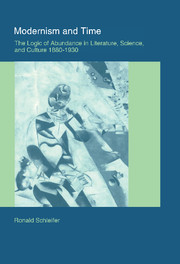Preface
Published online by Cambridge University Press: 22 September 2009
Summary
Several years ago, Stephen Toulmin wrote Cosmopolis: The Hidden Agenda of Modernity in which he argued that the origins of Enlightenment modernity in the seventeenth century, based upon the work of Descartes, Leibniz, and Newton, is best understood in the context of the great tumultuous epoch of the Thirty Years' War. Toulmin dates “the starting date for Modernity … somewhere in the period from 1600 to 1650” (1992: 7), dates which almost precisely correspond to the lifetime of Descartes. ‘Far from the years 1605–1650 being prosperous or comfortable,” he argues, “they are now seen as having been among the most uncomfortable, and even frantic, years in all European history. Instead of regarding Modern Science and Philosophy as the products of leisure, therefore, we will do better to turn the received view upside down, and treat them as responses to a contemporary crisis” (1992: 16). Thus, he argues, “the 17th-century philosophers' ‘Quest for Certainty’ was no mere proposal to construct abstract and timeless intellectual schemas, dreamed up as objects of pure, detached intellectual study. Instead, it was a timely response to a specific historical challenge – the political, social, and theological chaos embodied in the Thirty Years' War” (1992: 70).
- Type
- Chapter
- Information
- Modernism and TimeThe Logic of Abundance in Literature, Science, and Culture, 1880–1930, pp. ix - xviiiPublisher: Cambridge University PressPrint publication year: 2000



